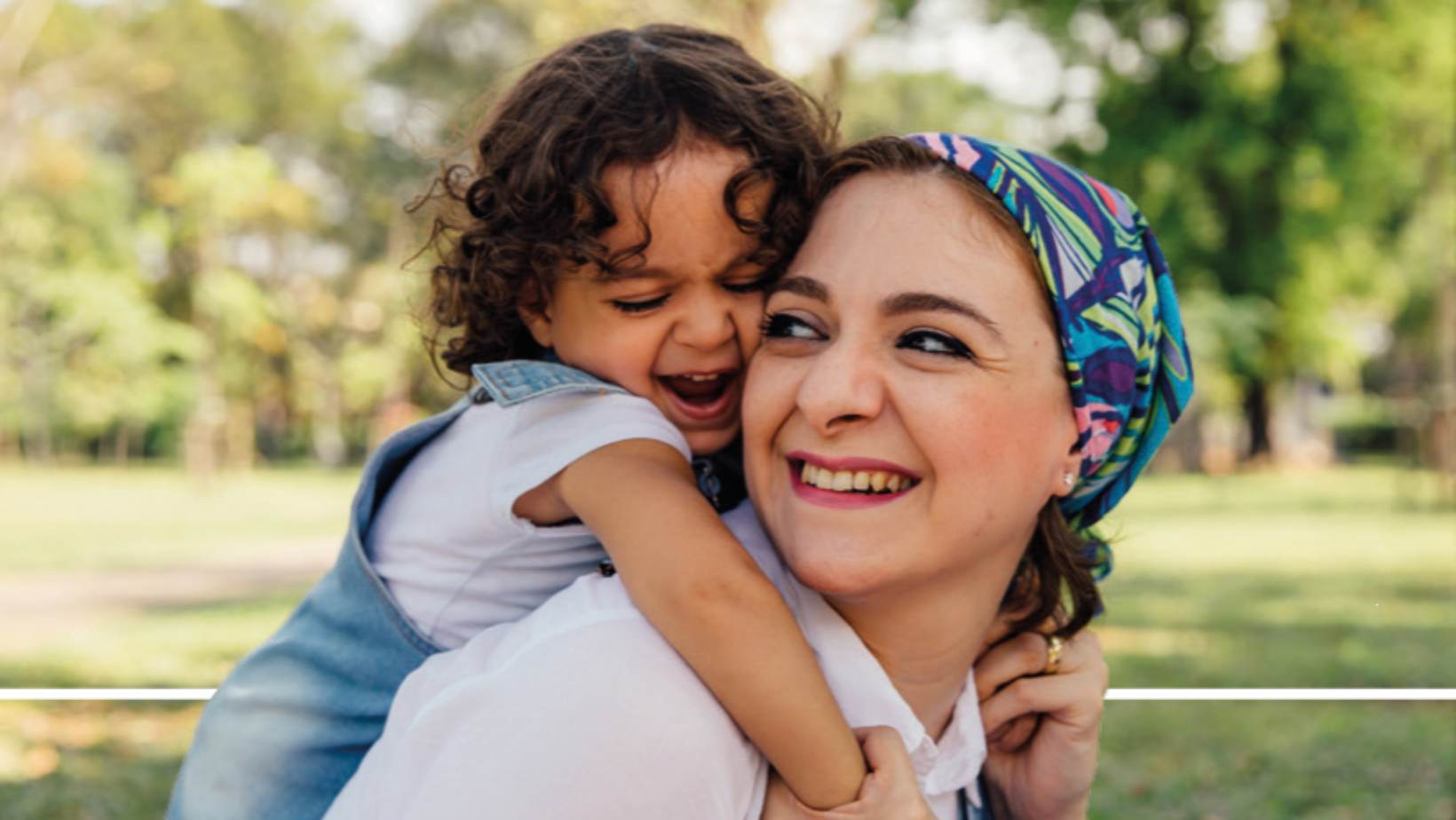When Hiba and her five daughters arrived at refuge, they had no income, no access to financial supports, no bank account, and no Medicare card. They had no passports or birth certificates. Their immigration status was unknown, and they had little knowledge of the Melbourne outside their front door.
Hiba is a 40-year-old Somali woman who immigrated to Australia in 2014. Hiba married Assad, the person using violence, prior to their arrival and they had five children together.
Assad used coercive control to completely isolate Hiba. He would not allow her to leave the house and as a result she had little English or understanding of the city in which she lived. She was unable to drive and didn’t know how to use public transport. Hiba was not allowed to seek medical support, despite having ongoing pain following childbirth. Hiba was captive in the family home.
Hiba was completely isolated with no control over her circumstances, until the day she reached out to a friend who put her in touch with Refugee Legal, who supported her to flee the home with the children while Assad was at work.
At refuge it became clear that there would need to be a substantial amount of advocacy involved in supporting Hiba and the children to begin to establish their new lives away from the abuse.
Hiba had no evidence of the children’s births or her connection to the children, which was a barrier to accessing several vital services, including Medicare.
The team was able to obtain birth certificates from a range of sources, including the children’s previous schools. Over a period of months and much back and forth between Refuge Victoria and Services Australia, Hiba finally got access to Medicare.
Hiba’s financial situation remained one of the primary challenges for the family. Financial assistance was provided by Refuge Victoria and Hiba was supported to open a bank account and to learn how to use an ATM, which fostered a sense of financial independence for her for the first time.
Hiba was on a temporary Bridging Visa, and working with Refugee Legal, Refuge Victoria submitted applications and various supporting documentation in the hope that the family would be able to remain safely in Australia.
Almost a year later, Hiba and the children were granted protection visas. They are now permanent residents of Australia and can start to plan their new lives with a sense of security and home.
